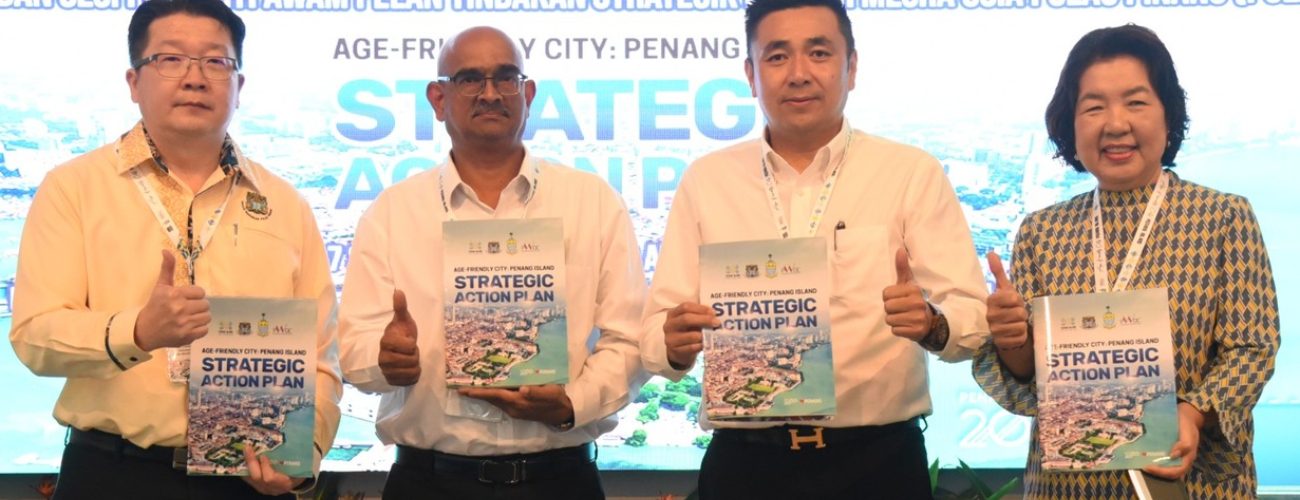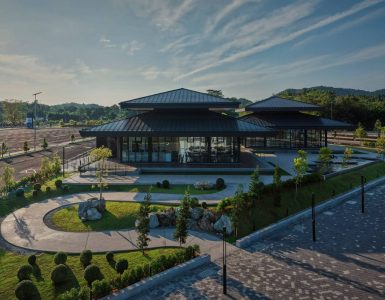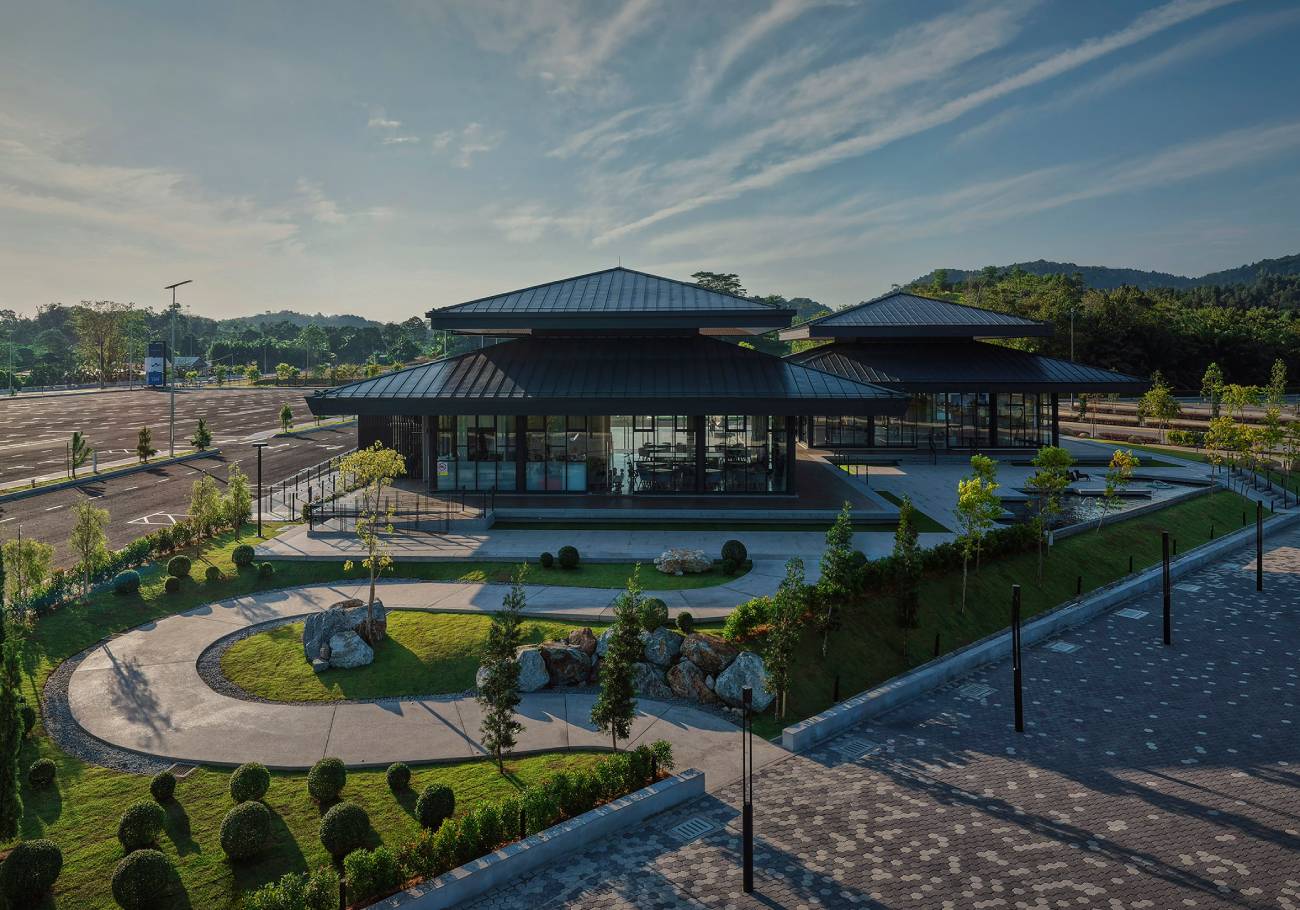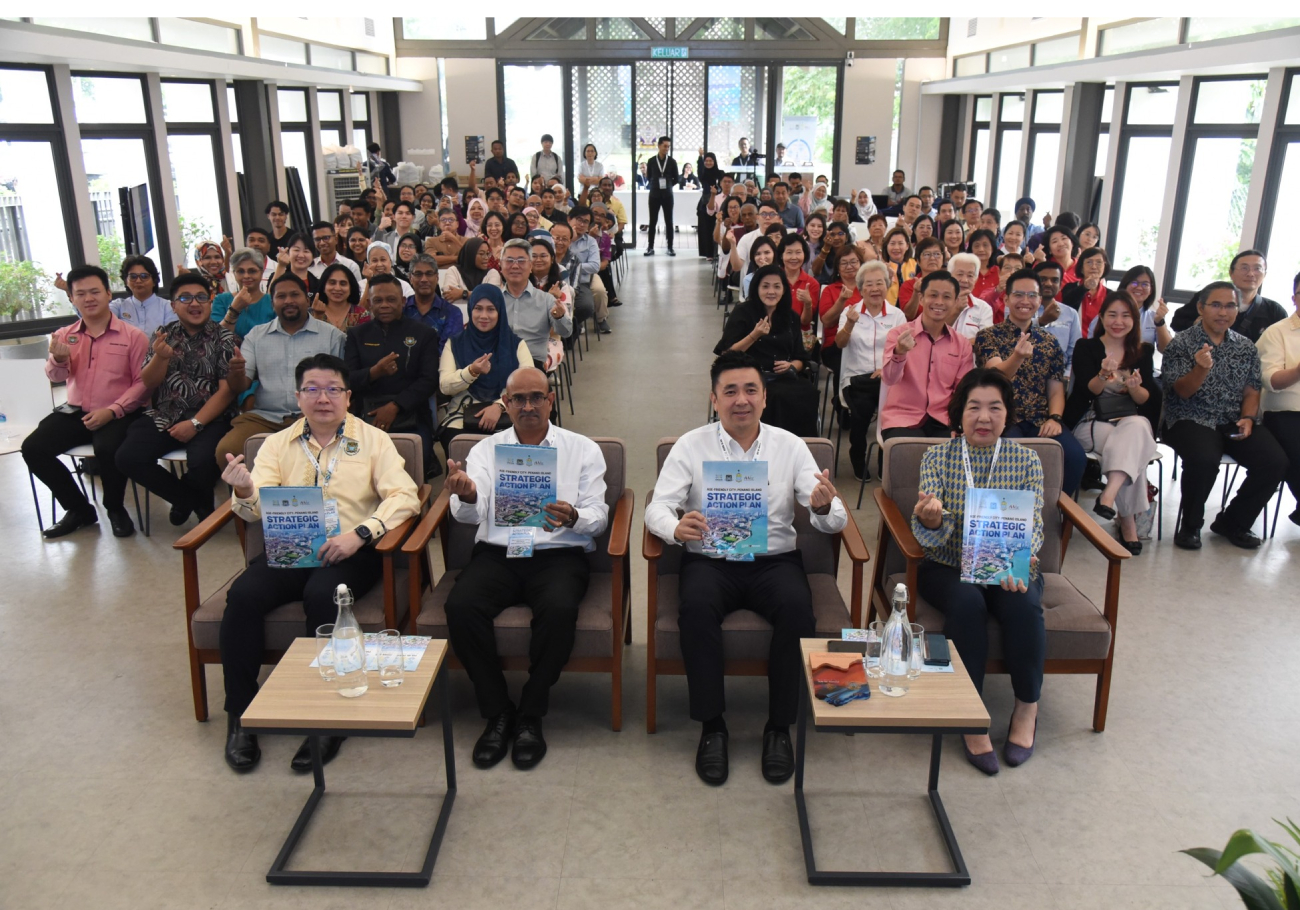
Penang is making strides in becoming an age-friendly state by 2028, with the Penang Island City Council (MBPP) spearheading the initiative.
Efforts include the integration of universal design elements into infrastructure to support the elderly and persons with disabilities (OKU).
Datuk Ir. A. Rajendran, Mayor of Penang Island, emphasised MBPP’s commitment to ensuring accessibility across all infrastructure projects, saying, “We are committed to upgrading roads, walkways, public spaces, and public housing to incorporate age-friendly and universal design principles.”
MBPP: Universal design for an inclusive future
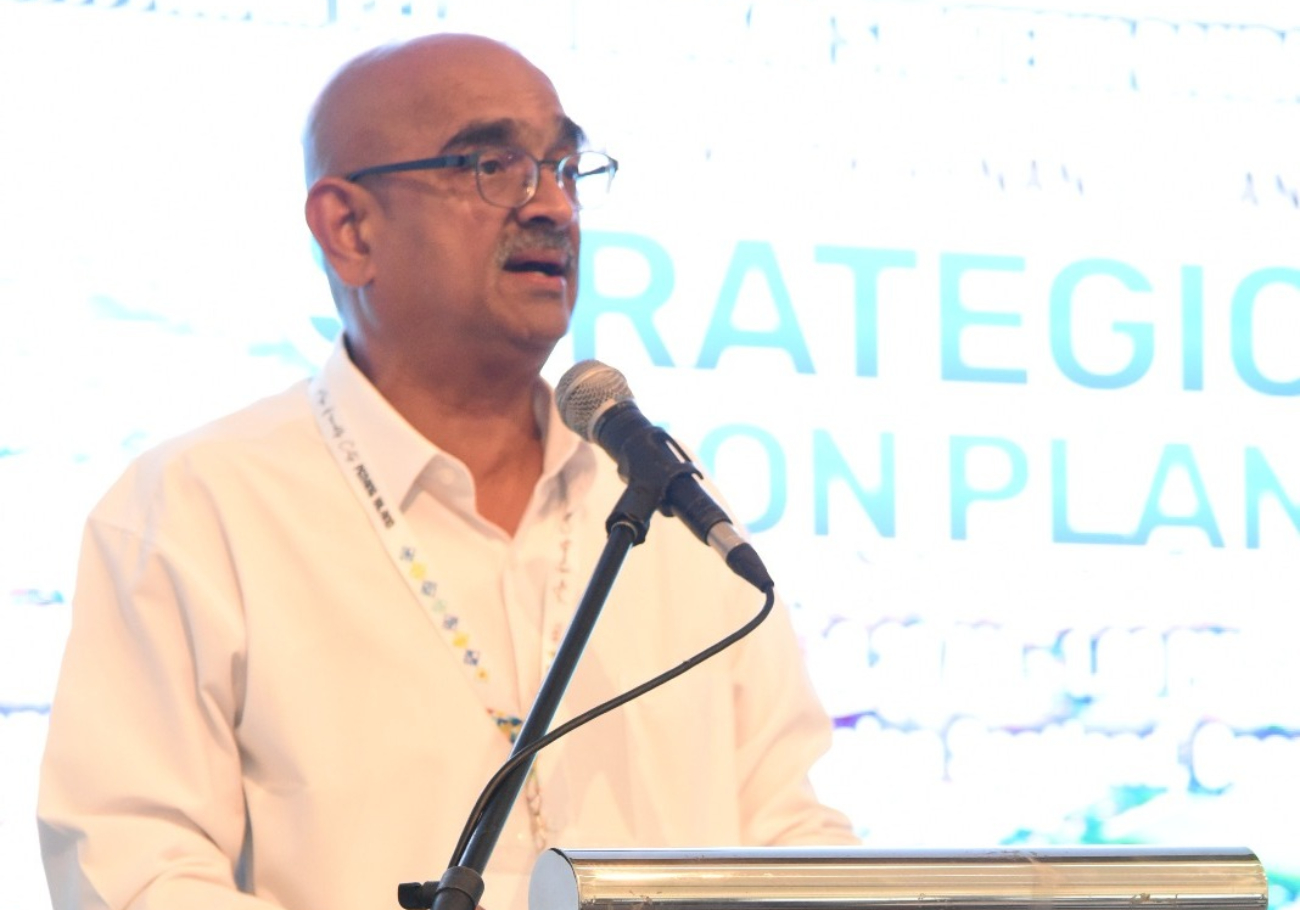
MBPP’s approach is rooted in universal design, a concept aimed at making city infrastructure accessible and usable for people of all ages and abilities.
Current efforts include installing ramps, lifts, and accessible units prioritised for the elderly and OKU at the SP Chelliah public housing project.
“Future projects will involve a mobility van, senior citizens’ activity centres, urban farming, and recycling initiatives to create employment opportunities,” Rajendran said.
The council also plans to upgrade all public housing schemes to further embed universal design, enhancing independence and accessibility for Penang’s ageing population.
Universal design plays a crucial role in Penang’s Age-Friendly City Penang Strategic Plan, initiated in 2022.
This tripartite collaboration between MBPP, Penang Women’s Development Corporation (PWDC), and consultants from the Malaysian Healthy Ageing Society (MHAS) aims to ensure the city is equipped to meet the needs of its elderly and disabled residents.
Strategic domains to boost quality of life
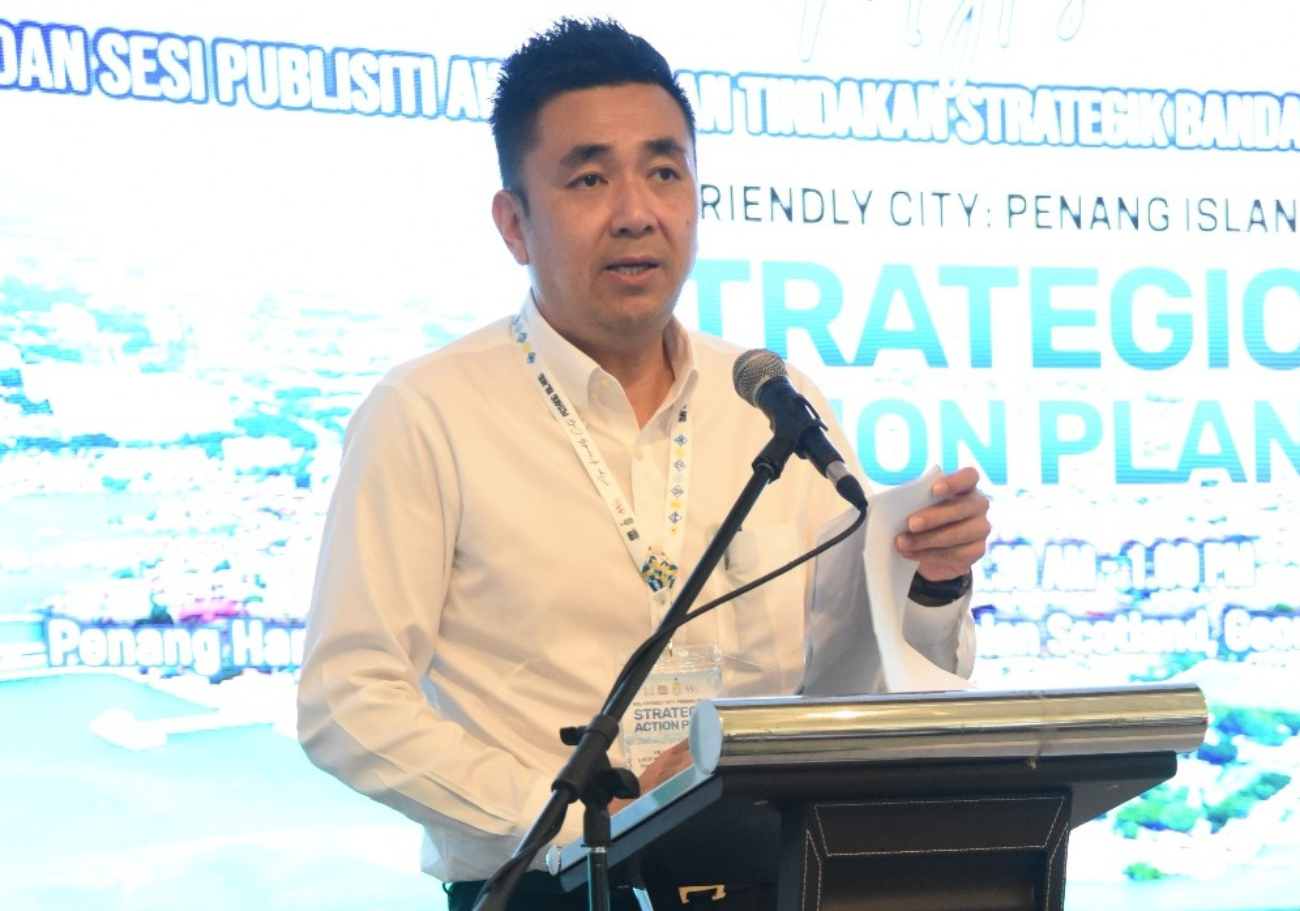
The strategic plan follows guidelines from the World Health Organisation (WHO), focusing on eight key areas: outdoor spaces, transportation, housing, social participation, respect and inclusion, employment, communication, and health services.
These domains are designed to improve the overall quality of life for the elderly, addressing both physical and social barriers.
At the launch of the Age-Friendly City Penang Island Strategic Plan book, Jason H’ng Mooi Lye, chairman of the Local Government, Town and Country Planning Committee, highlighted the need for an age-friendly environment to combat social isolation and mobility challenges.
He noted that elderly individuals often struggle to access government services due to digital barriers and complex procedures, and that these issues must be addressed to ensure their well-being.
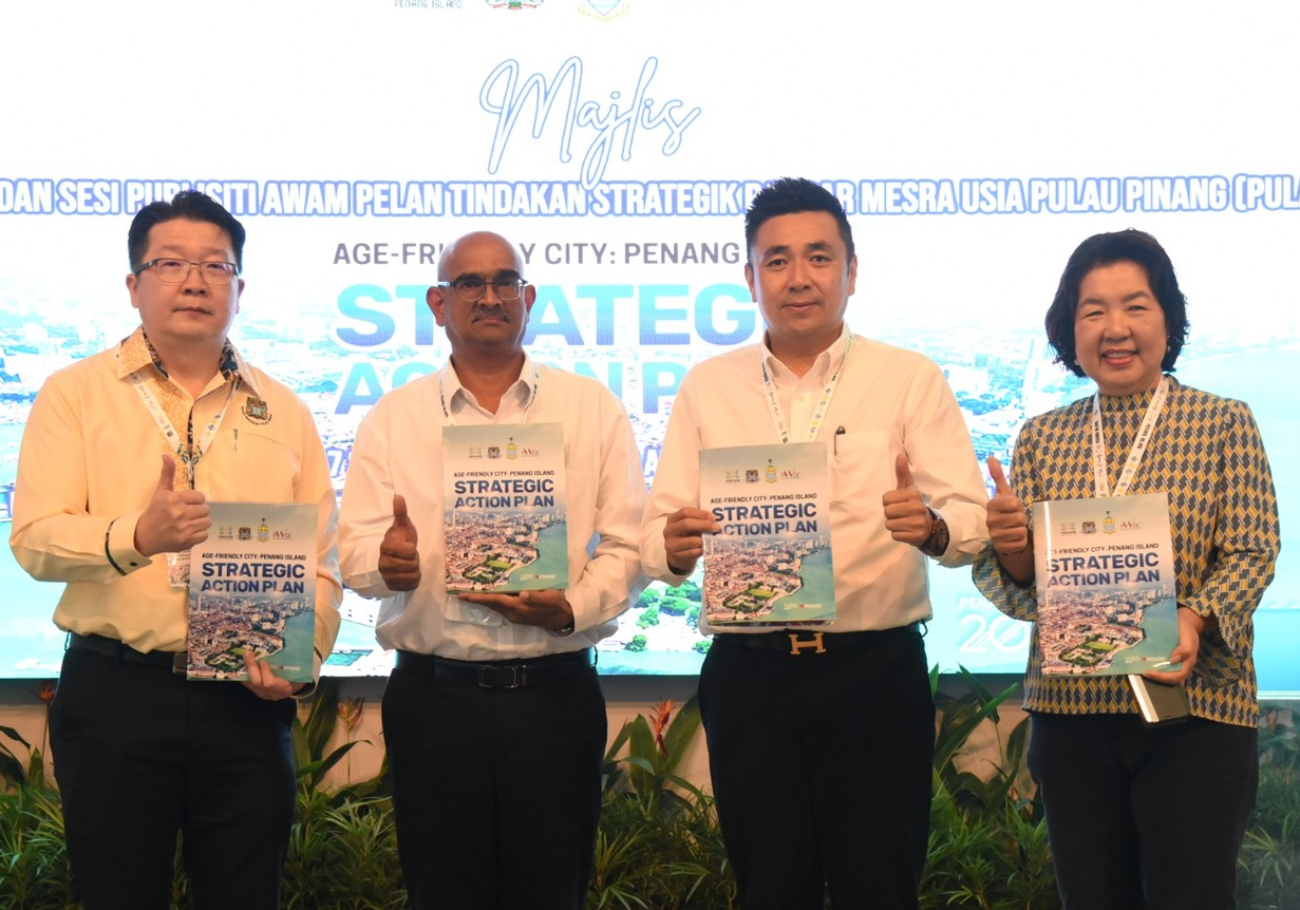
Seberang Perai will follow Penang Island’s lead, with similar initiatives set for implementation by the Seberang Perai City Council (MBSP) in 2025.
Both councils aim to create cities that not only cater to the elderly but foster inclusion and independence for residents of all ages.
Penang’s ageing population underscores the importance of these initiatives.
The Department of Statistics Malaysia (DOSM) projects that by 2024, 7.7% of the state’s population—or 143,805 residents—will be aged 65 and above, positioning Penang as the second state with the largest elderly population in Malaysia.
Penang earned its status as an Age-Friendly City after MBPP joined the Global Network for Age-Friendly Cities and Communities in July 2022.
With a rapidly ageing society, these efforts are crucial for supporting the well-being of older residents and enhancing their quality of life.


